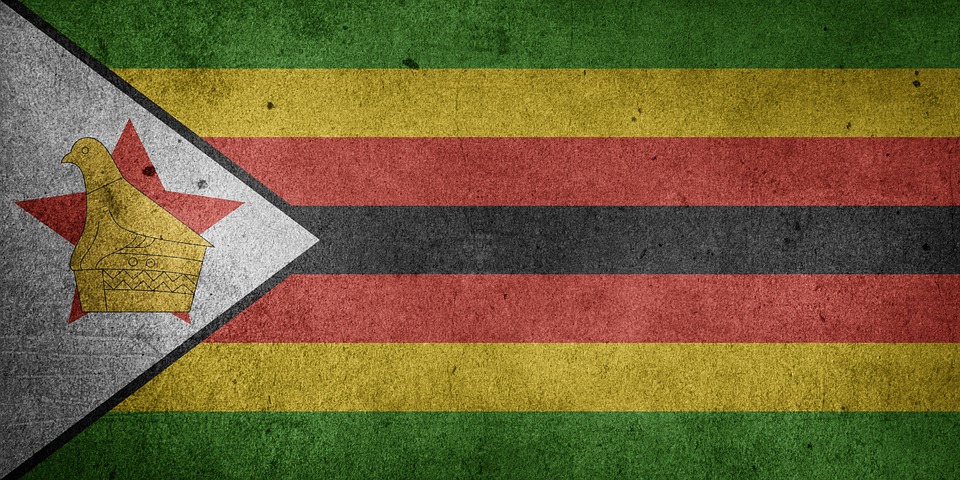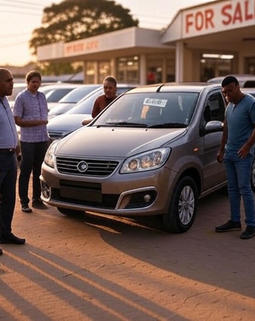Shortage in foreign currency experienced in Zimbabwe has affected total vehicle production by Willowvale Motor Industries (WMI). The company has failed to meet targets made for their initial production even after partnering with Beijing Automobile International Corporation (BAIC).
WMI had initially targeted 490 units sales volume up to December 2017 as per their arrangement with BAIC. The sales volume was expected to increase to 940 units in 2018 while targeting assembly of 3000 units by the third year. WMI started with assembly of pickup trucks with plans to begin production of other cars in future including SUVs and Sedans.
WMI and BAIC also signed a deal with Chinese based Astol Motors forming Beiqi Zimbabwe. Astol Motors are the fifth largest vehicle manufacturers in China. However, this initiative is threatened by the critical shortage in foreign currency being experienced in Zimbabwe. The Chairman and majority shareholder of WMI, Hebert Nkala confirmed that the hard currency shortage was hampering their production. He also acknowledged BAIC as good partners whose production plant would make Willovale the leading car producers in the country. Willovale would also be able to employ a large percentage of people as car assembling is labor intensive.
Mr. Nkala revealed that they were in discussions with the Reserve Bank Governor to unlock Nostro funding which would enable them to resume production. The critical hard currency shortage has prompted the central bank to prioritize equitable distribution in the country. This is aimed at ensuring essential and critical needs are met. He did not, however, disclose the required funding in hard currency for them to resume serious production.
Sadly, a majority of the local production companies are in the same quagmire as WMI. The shortage in hard currency is due to the limited access to external credits, foreign direct investment negligence, and low investments. Zimbabwe experiences little revenue from exports. The country has also been experiencing a shortage of hard currency sources and expenditures over two decades. This has led to the illegal use of the country’s foreign currency.
The MWI-BAIC partnership was expected to create over 5,000 jobs with a target of $1.3 million Value Added Tax generation from March-December, 2017. WMI had stopped production for five years due to annual decreased units, below 4,000 units in 2012 from 18,000 units in 1997. Apart from the economic meltdown experienced in Zimbabwe, WMI was not helped by the state ministries’ violation to procure vehicles from them as per the directive by the government.
WMI will first assemble cars from semi-knocked-down kits before upgrading to completely knocked-down kits later. Its first pickup truck assemble called BAIC Great Tiger.





